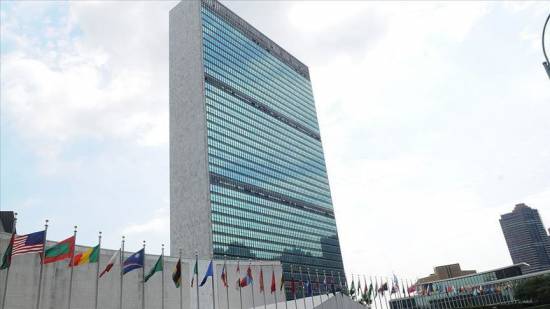China, Cuba, Russia elected to UN Human Rights Council Featured
WASHINGTON(AA)
The UN General Assembly voted Tuesday to elect a new tranche of 15 Human Rights Council (HRC) members, including China, Cuba and Russia.
The trio of countries won seats over objections from critics who challenge their rights records.
Cuba and Russia were shoe-ins for the spots after running without a sufficient number of challengers in the regional groups established by the UN to open the possibility that they would not claim victory.
China, however, faced stiff competition in the Asia-Pacific region where six nations were competing for five spots. China secured the last of the five spots as Saudi Arabia failed to cross the needed vote threshold.
The final results in that contest were Pakistan with 169 votes, Uzbekistan at 169, Nepal with 150, and 139 for China. Saudi Arabia received just 90 votes.
Louis Charbonneau, Human Rights Watch’s UN director, said Riyadh's failure to win a council seat "is a welcome reminder of the need for more competition in UN elections."
"Had there been additional candidates, China, Cuba and Russia might have lost too. But the addition of these undeserving countries won’t prevent the council from shining a light on abuses and speaking up for victims," he said.
All UN member states are eligible to sit on the HRC where terms last for three years.
Asked about preventing countries with abysmal rights records from serving on the HRC, UN spokesman Brenden Varma demurred, saying the responsibility for upholding human rights rests primarily with individual nations.
He added, however, that HRC membership comes with a duty to uphold high human rights standards.
Additional Info
- عنوان تمهيدي: Human Rights Watch says 'addition of undeserving countries to UN Human Rights Council won’t prevent the council from shining a light on abuses'


